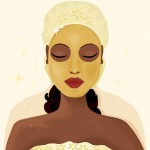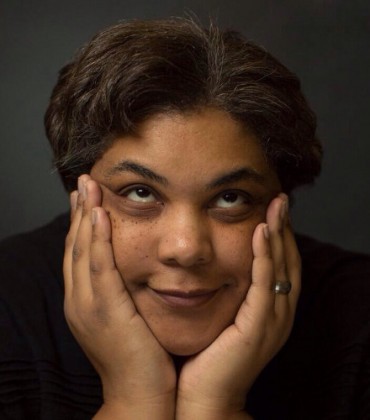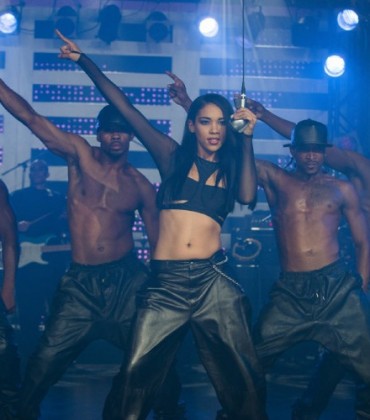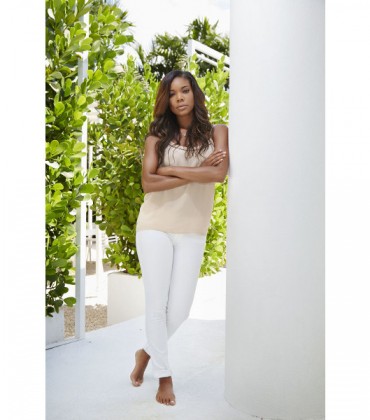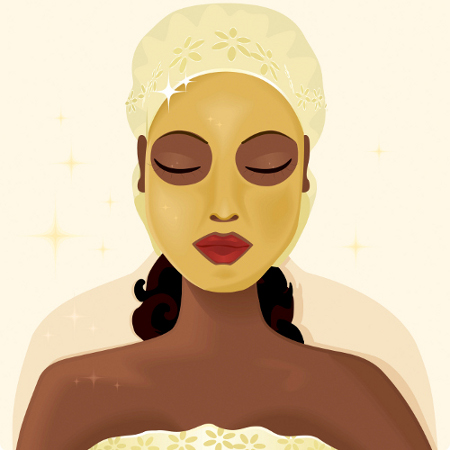
“Black don’t crack” is the quintessential African-American proverb. It’s the go-to phrase when you get carded while trying to buy alcohol at the ripe old age of 30 (ahem), or when you realize the “teen” character in your favorite 90’s movie is actually 67 or something. It’s also invoked as a justification for smoking cigarettes and not wearing sunblock. But what does it really mean?
First, there’s the science. Various studies have been done of the subject of how certain skin tones repel UV Rays better than others, resulting in less wrinkles and an overall more youthful appearance. The Fitzpatrick scale, which was developed in 1975, is scale that classifies skin types by how they react to UV Rays.
Then, of course, there’s the unfortunate implications.
“Black Don’t Crack” is a phrase that, on the surface, seems to fly in the face of Western beauty standards of whiteness, which is often conflated with beauty, youth, “freshness” and purity. It prizes a feature that is the very antithesis of Western beauty, namely, brown or dark skin. It’s supposed to soothe any anxiety about aging by telling us that we can still be beautiful and sexy at the ripe old age of 30, 40, 50, and even 60, that is, as long as you still look 25.
When I first stumbled upon the tumblr, “Old Black People That Look Younger than Lorde” I giggled, but then I was like, “Ok guys, enough, we’re picking on a teenager”.
The now viral tumblr features pictures of the 17 year-old Lorde alongside images of “Black Don’t Crack” greats such as Pharrell, Stacey Dash and Gabrielle Union, as well as Nefertiti, with a stated age of 3384, which took the joke to a whole ‘nother level.
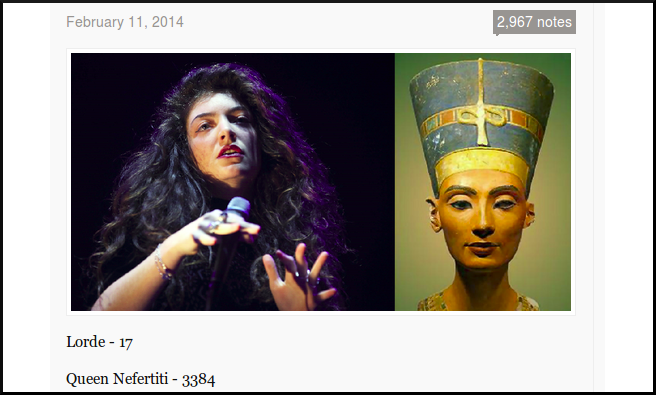
My discomfort with the tumblr page went a little deeper than the age of the butt of its joke. It was about what wasn’t being said. When we say “Black Don’t Crack”, we are saying black people age well, but well in comparison to whom? The obvious answer to this is whites, but this phrase, which is built on an oppositional standard, implies that “black” looks one way or another. There are plenty of black women who might have more features in common with Lorde than they do 30 year-old Lupita Nyong’o, and proverbs about blackness, such as this one, exclude them.
There’s also the reality that beauty privilege is often tied to class privilege. A personal chef, expensive skin creams, a personal trainer, and subtle plastic surgery, might ensure that that an A-list starlet’s “Black” won’t “Crack”. But, a woman working two jobs while in grad school to help care for a sick parent, for example, might age a bit differently, as stress is often correlated with aging prematurely.
And while, some of us might might be lucky enough to have the same face we had at 18 or 25, but we might not have the body or time the maintain such a body. And women who are “old” by societal standards, regardless of how young they might look are still subject to scrutiny and shaming because of their age. Halle Berry has been often criticized in the media for some of her racy red carpet looks; Vivica A. Fox’s alleged plastic surgery is quite a topic on many a black celebrity blog.
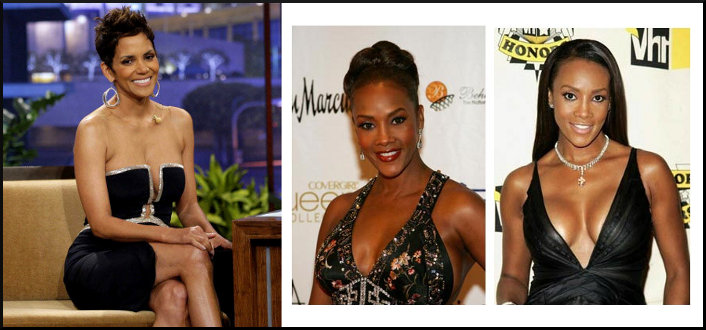
(left: Halle Berry on “The Tonight Show” with Jay Leno in 2013. right: a Vivica A. Fox “Before and After” via.)
Naturally, this conversation revolves mostly around women. As youthfulness, for women, is associated with purity and directly tied to a woman’s “market value”. For every Pharrell, we have an ever-growing list of female celebrities who we trot out to prove that “Black Don’t Crack”. But, is there an actress who could be considered the female equivalent of Morgan Freeman or Harry Belafonte?
I honestly don’t think that I’ll be erasing the phrase from my lexicon anytime soon. I mean, it’s science! We even have a few posts ’round these parts tagged with the phrase. But I’ll definitely be using it selectively and I’ll especially try not to use it to put down another woman. Because, all that put down does, is shift the focus away from the women of color whose beauty we intended to celebrate in the first place.

